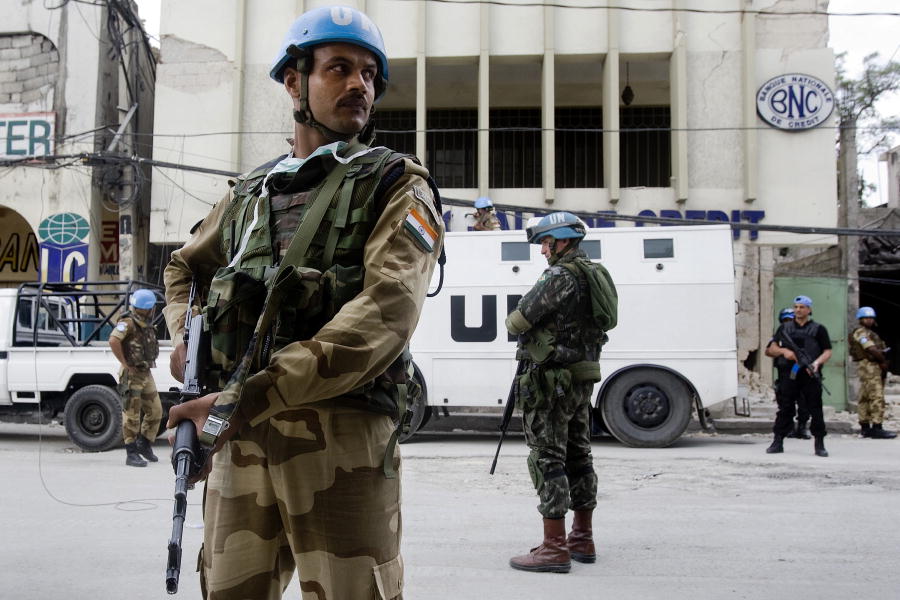
Rapid Response – Intervention Operations
Fri, 16 Apr 2021 | Reading Time: 8 minutes

Rapid Response – Intervention Operations
Notwithstanding the internal and external challenges India faces, and the imperative need to focus on economic growth, providing our young population with proper education and appropriate skills for fruitful employment, and raising the quality of life of the less privileged sections of our society, it would be prudent for the governing establishment and the strategic community in the country to dwell on the fact that within the international setting in the first half of the 21st Century and beyond, India will have a role to play both regionally and globally. A role imposed on us by a number of factors: the size of the country; its geo-strategic location straddling the Indian Ocean; the population of over a billion people (and growing) with a demographic dividend in its favour; its established democratic credentials; a significant capability in information technology; a large reservoir of scientific talent including in space technology; acknowledged management expertise; proven military capability; and the large market for consumer goods and services. We cannot and must not shy away from this serious responsibility.
Internationally, the situation is that most countries, including major players like the USA, European Union, Russia, Japan, as also some of the regional organisations, would without much doubt like to see India play a more active role in promoting democratic values and contributing to stability in the region. Primarily because of the perception that India has the ability to do so, as also because of their desire not to be directly involved themselves in many cases. The only factor that could inhibit the Indian establishment in developing the appropriate military capability to support such a role is perhaps some reservation about the ability to build a national consensus in this regard.
If India is to play its destined role in regional affairs and be taken seriously at the global level, Indian diplomacy will need to move into high gear, taking into account the fact that in the conduct of foreign policy, there is little place for righteousness and moral posturing; it is to be guided solely by sovereign national interests. In the immediate region, it may be useful to get off the high pedestal we have tried to place ourselves on, shed the patronising approach we seem to have mastered over the years, and evolve mutually acceptable working relationships with our neighbours. There is no gainsaying the fact that India has a vital stake in the developments in the immediate turbulent neighbourhood. Instability and social upheaval will have inevitable adverse “spill-over” effects that will cause us security problems and generate greater stress within our society. A society already somewhat traumatised by the terrorist attacks that take place (or the threat thereof); orchestrated as they seem to be, by groups located and supported by elements in neighbouring countries. Even so, while there is little doubt that we need to factor the sensitivities of our neighbours into the capabilities we endeavour to develop, it should be made clear that India would be willing to apply its economic and military pre-eminence in pursuance of its supreme national interests, and for the maintenance of peace and security in the region. Conveying such a message would have taken some more effort because we need to first undo the lack of credibility regarding our determination to act decisively in pursuit of national security interests. Not too many countries took us seriously in the past since we have invariably indulged more in rhetoric that in action. That has without doubt undergone some change following the commando raid across the LoC after the Uri episode, the air strike at Balakote after the Pulwama incident, and most recently, the responses to Chinese aggressive actions in Eastern Ladakh. It may similarly be useful to recall and take appropriate lessons from: the operations undertaken in Jammu and Kashmir in 1947-48; the Hyderabad Police action immediately after Independence; liberation of Portuguese held territories of Goa, Daman and Diu in 1960; taking the war across the international border in Punjab and Rajasthan during the 1965 operations; and the outstanding victorious military operations undertaken for the liberation of Bangladesh in 1971.
In so far as India’s military forces and operational posture are concerned, it would be presumptuous on my part to try and analyse in such a piece the capacities that need to be put in place to deal with the possible threats within the complete spectrum of warfare in the 21st Century. This is without doubt the subject of evaluation and analysis in the official domain at various levels.
I do think that if we can get our political, economic and diplomatic acts together in the years to come, we should be able to avoid being drawn into a military conflict against either of our adversaries. Even so, there can be little argument that our military capability should be demonstrably built up to the extent of being able to deal with external aggression through the application of conventional forces, limited or otherwise, and strategic nuclear capability should that be required. The internal situation being what it is, the Armed Forces will continue to be engaged in managing insurgencies and terrorism in the North East and in Jammu & Kashmir. There may well be demands for deploying the military to deal with the Left Wing Extremism problem, which one would hope the military leadership will have the courage and wisdom to resist, as the problem basically relates to governance and policing.
In the immediate neighbourhood, Afghanistan, Bangladesh, Myanmar, Nepal, Pakistan, and Sri Lanka are all affected by conflict or latent conflict situations that pose a threat to regional peace and security. We will also have to contend with the increasingly aggressive postures being adopted by the People’s Republic of China on our borders with Tibet in the North and North East, as also in the Indian Ocean periphery. In the extended region we have the dangers posed to international shipping in trade and energy supplies by piracy off the Gulf of Aden and the scope for similar activities around the Straits of Malacca. The volatile situation in West Asia including Gaza, Iraq, Syria, and Yemen, and the tensions over possible moves for acquisition of nuclear capability by Iran, are factors that contribute to regional instability. Notwithstanding the efforts of the African Union, the continent is plagued by religious, ethnic and tribal conflict that continue to destabilise many of the countries in the region. Looking even further beyond, one can perceive the scope for conflict in some of the constituents of the former Soviet Union and in the Balkans.
There has been much soul searching and discussion at various forums that the international community needs to be more proactive to prevent genocide, contain conflict and encourage the emergence and establishment of democratic societies. To that end, it seems that attempts are being made for the international community represented by the United Nations or recognised regional organizations, to intervene either with the use of force or for peacekeeping with the consent of parties to a conflict.
Given India’s established expertise and military capability, there can be little doubt that we will be called upon by the international community (represented by the UN, or by regional organizations, or by our neighbours on a bilateral or multilateral arrangement) to deploy our military, possibly together with others in a multi-national force, and may be even take a lead role, for dealing with what are perceived as threats to regional or international peace and security. This is an aspect on which we must start deliberating and focusing without further delay. To study in detail and evolve a concept: for command & control; coordination; operational compatibility, etc together with other like minded countries in the region and beyond.
I have tried to submit this issue for consideration at every conceivable opportunity and forum over the last couple of decades. That towards preparing for possible eventualities there is a compelling case for India to put in place and maintain, a sizeable dedicated rapid reaction force for intervention, stabilisation, and peacekeeping operations, as also for humanitarian assistance and disaster relief (HADR), within the region, and beyond; organised, trained, equipped and located appropriately, and under strategic direction and oversight. Needless to say, such a force would be available for use as operational reserves in a conflict situation when India is at war. It is not the purpose of this article to go into the finer details of such a force. One is also aware that this is not a new idea or concept. That it has been studied and discussed before. But the context that I have tried to suggest of a greater role for India at the regional and global level possibly merits that a more focused study of the concept be undertaken without further delay.
In my view, given the type of regional or global commitments the force may be required to undertake, such a force needs to be a multi-dimensional tri-service one operating under joint operational command, and include components from the Army, Navy and Air Force, elements from the Coast Guard, civil affairs officers, civilian police components, personnel trained in human rights aspects, legal affairs personnel and representatives from the diplomatic corps.
To that end, such a rapid reaction task force should desirably broadly comprise the following:
- A tri-service corps sized headquarters.
- A land forces component to include an airborne brigade, together with a division comprising an air transportable armoured brigade equipped with light tanks and infantry combat vehicles, an amphibious brigade and an air transportable infantry brigade.
- An army aviation component, assault engineers, communication and logistics elements.
- A naval component that desirably includes an aircraft carrier, together with appropriate surface and sub-surface craft and aerial maritime capability.
- An Air Force component that includes strike aircraft, helicopters and strategic airlift capability.
- A suitable Special Forces component.
- Civilian components to include diplomatic representatives, civil affairs personnel, civilian police, human rights personnel, etc.
In context of the demands being placed on us for provision of troops for peacekeeping, and requests that have occasionally been made for us to consider the scope for participation in multi-national operations, as also demands that may arise for HADR (like the Tsunami in 2004), it is not only prudent but imperative that the Chiefs of Staff Committee immediately seek Government approval for setting up such a rapid response capability.
Simultaneously stressing that setting up of such a force would also give us added operational capability in the event of a conflict situation.
While formalisation of the concept and authorisation of the organisation, personnel and equipment, may take its course, though hopefully at some speed, it may be useful to set up the nucleus of such a task force by drawing on existing assets that can be made available. This can be more than justified from the operational capability of view given the situation in the neighbourhood, and the possibility that the Armed Forces may be called upon to act unilaterally in pursuance of our national interests, or to assist in a bilateral context at the request of one of our neighbours (as happened in the Maldives in 1988). That we should be prepared to do so needs no further emphasis. Which can only be facilitated if we create the capacity, analyse concepts of employment, evolve an appropriate doctrine, carry out joint training, put in place a logistics infra-structure, and so on. The sooner we commence work on this the better.
Together with such initial moves it is important that we work on a number of other measures in cooperation with regional and global players. It would be useful for joint working groups comprising diplomats and selected military personnel to inter-act at the international level amultilateral forums t like the United Nations and with selected regional organisations, to share perceptions about coordination and training, exchange of data on trouble spots on a regular basis, mechanisms for consultation, etc. Within the extended neighbourhood, similar moves should be initiated to secure understanding and cooperation from organisations like the ASEAN Regional Forum, Gulf Cooperation Council, Shanghai Cooperation Organisation, etc. Needless to say it would be good if similar moves could be initiated within the South Asian Association for Regional Cooperation, but that may pose some difficulty at present due to the stand-off with Pakistan.
While the training of personnel from the three Services and other components of such a task force should receive focused attention to achieve integration, it is also essential that commanders and staff officers are gradually exposed to operating with their counterparts from other countries either bilaterally or at multilateral forums in order to foster better cooperation and coordination. Equally if not more importantly, training of senior military leadership must focus on the nuances of multi-national operations, particularly in context of the possibility of India being asked to assume a leadership role.
Author
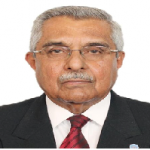
Lt Gen Satish Nambiar, PVSM, AVSM, VrC (Retd) was the first Force Commander and Head of Mission of UNPROFOR, in the former Yugoslavia during 1992-93. Besides many other accomplishments both nationally and internationally, he was honoured with Padma Bhushan for his contribution to National Security Affairs in 2009.
Disclaimer
The opinions expressed in this article are the author’s own and do not reflect the views of Chanakya Forum. All information provided in this article including timeliness, completeness, accuracy, suitability or validity of information referenced therein, is the sole responsibility of the author. www.chanakyaforum.com does not assume any responsibility for the same.
Chanakya Forum is now on . Click here to join our channel (@ChanakyaForum) and stay updated with the latest headlines and articles.
Important
We work round the clock to bring you the finest articles and updates from around the world. There is a team that works tirelessly to ensure that you have a seamless reading experience. But all this costs money. Please support us so that we keep doing what we do best. Happy Reading
Support Us




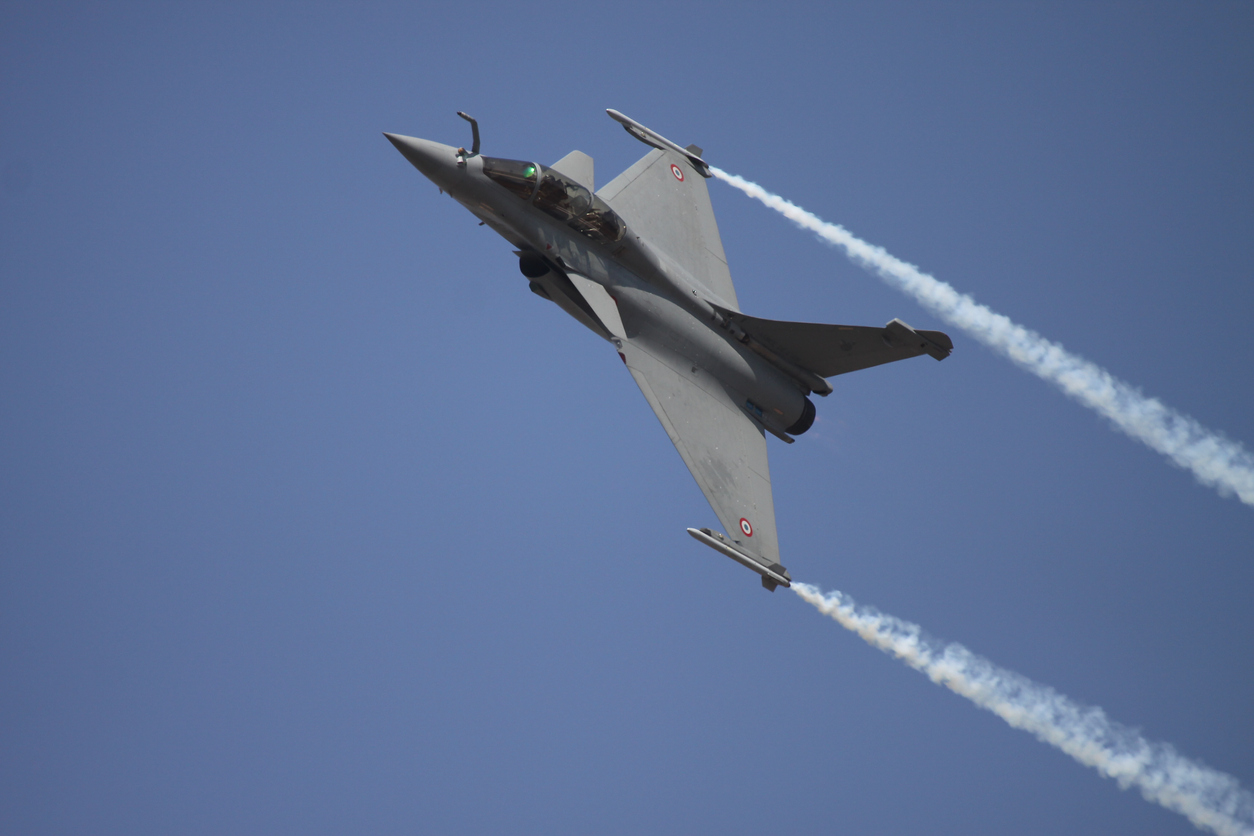

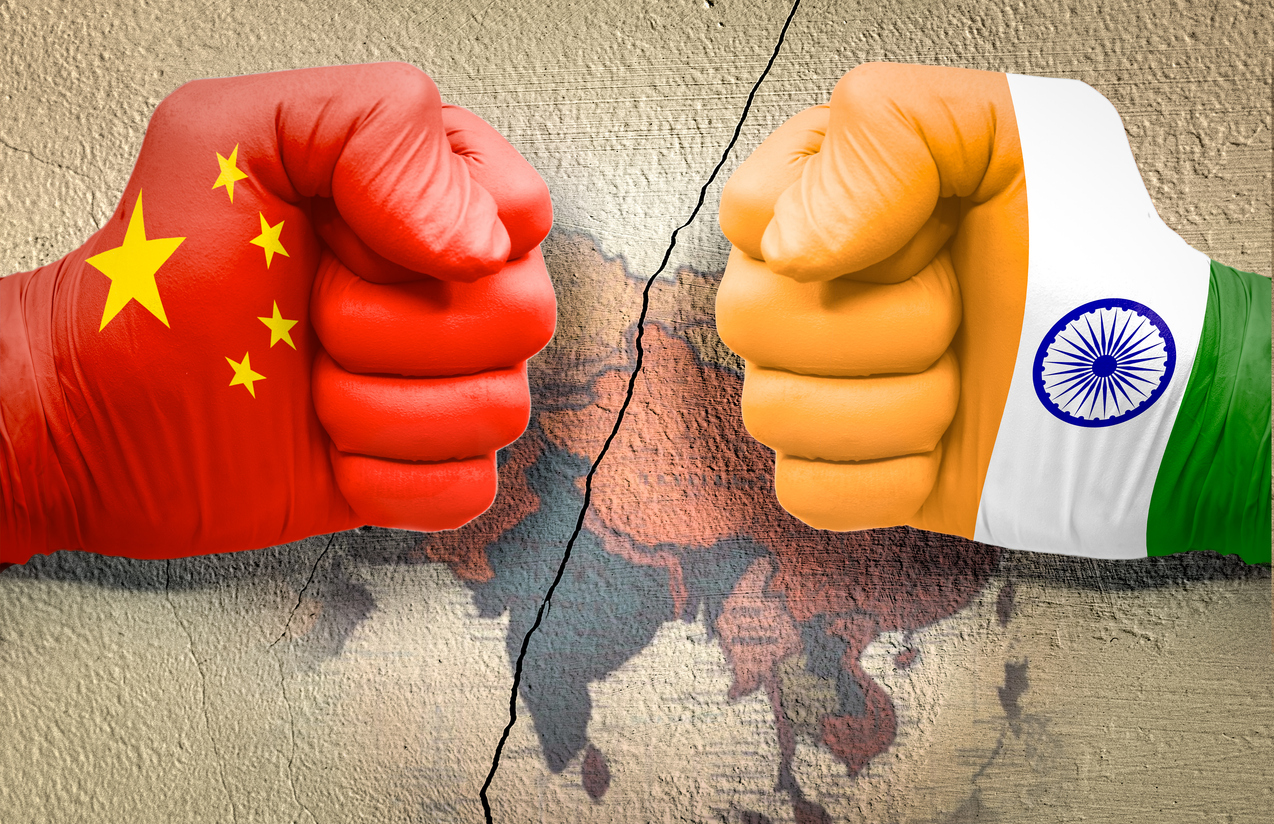
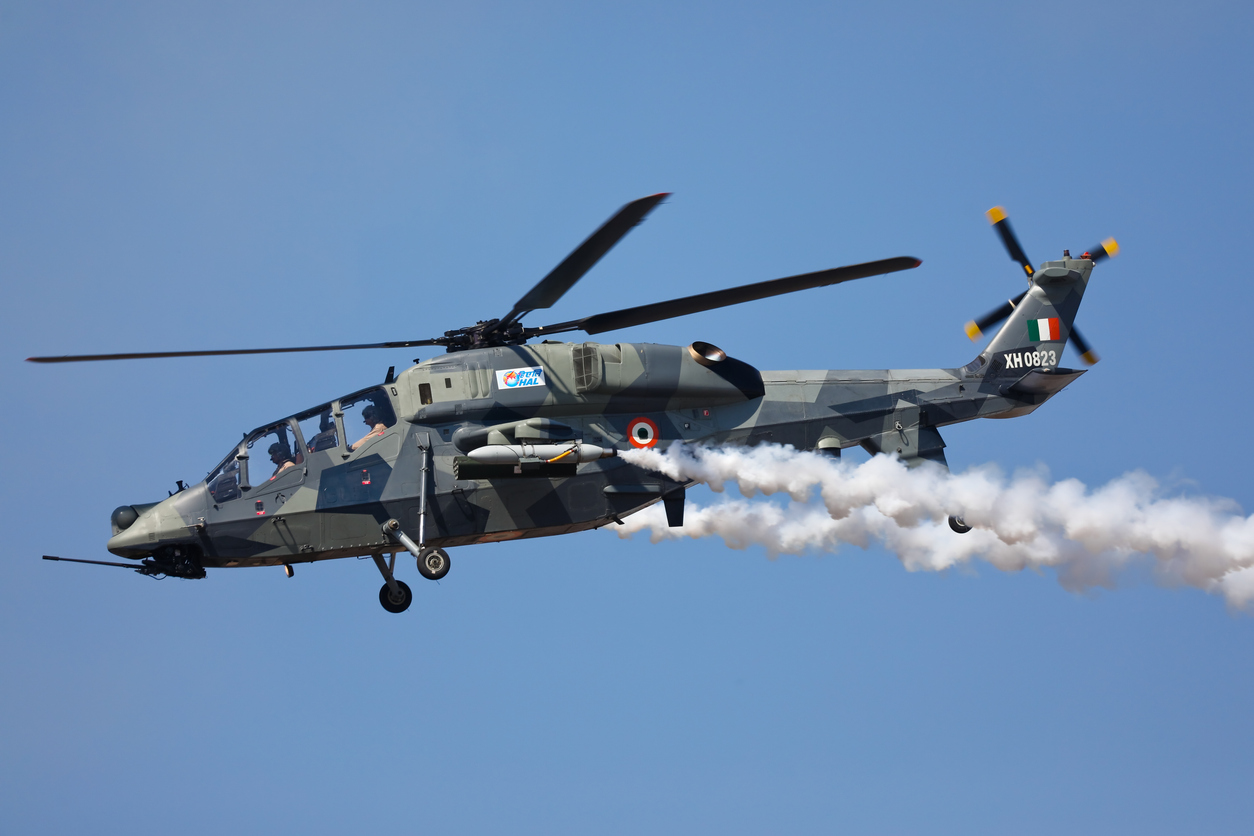
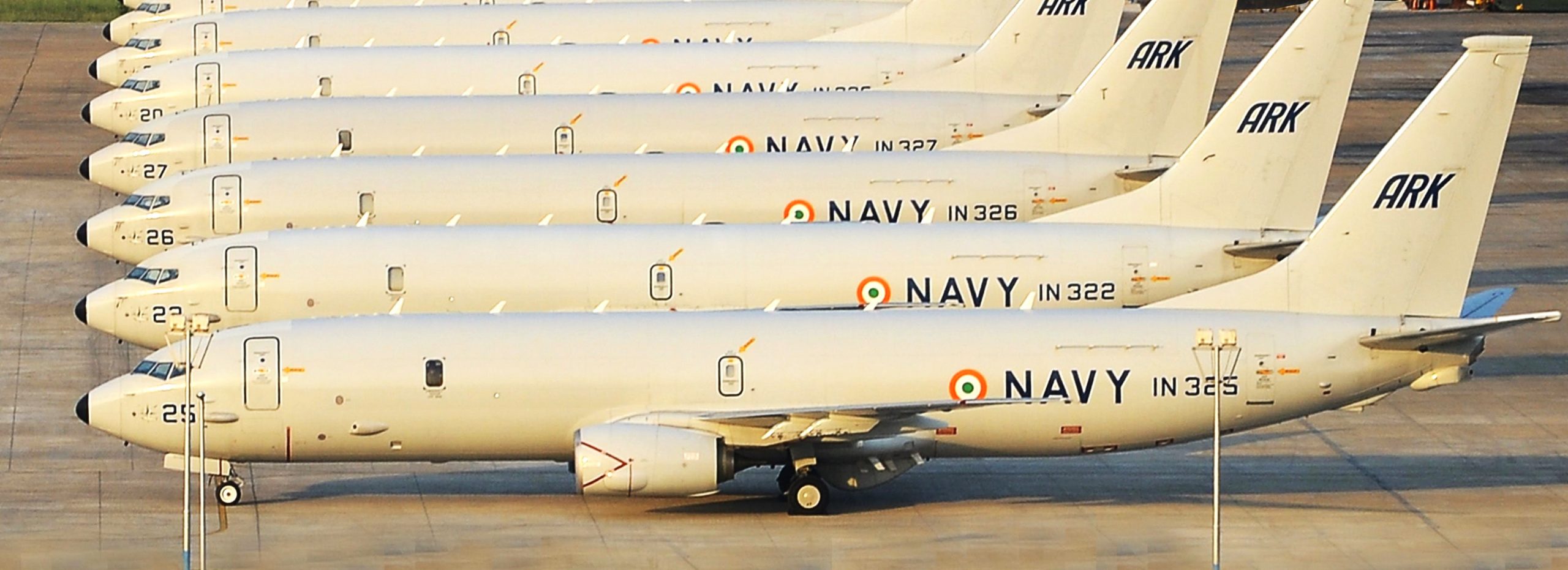
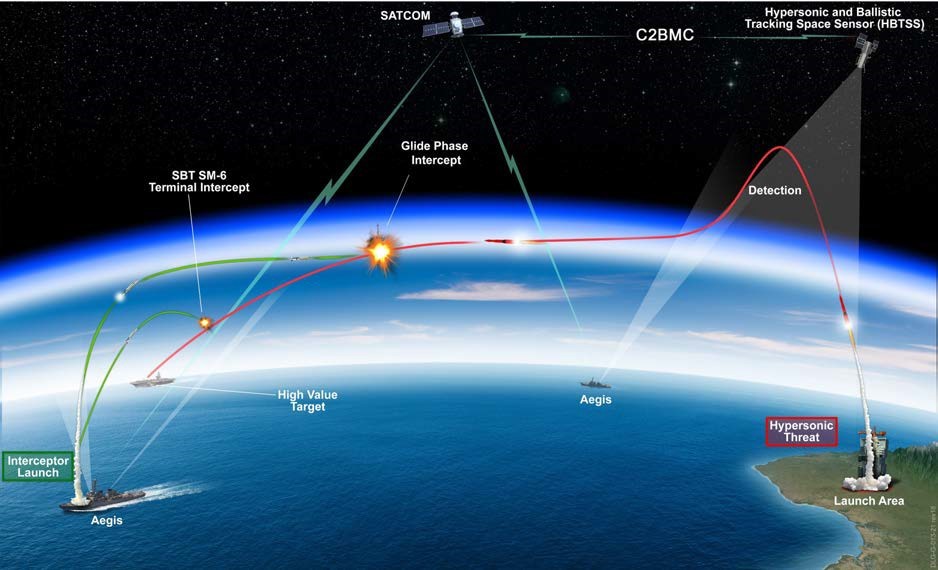
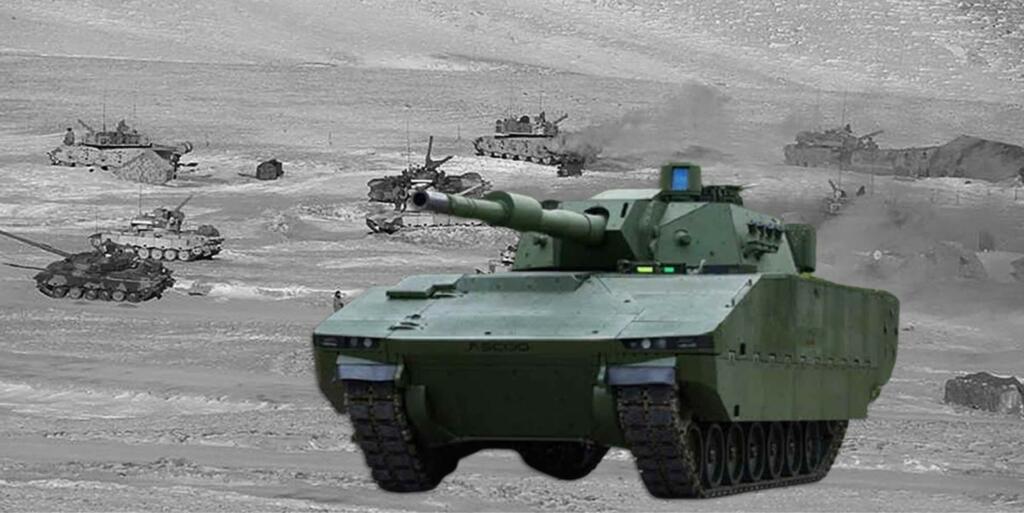
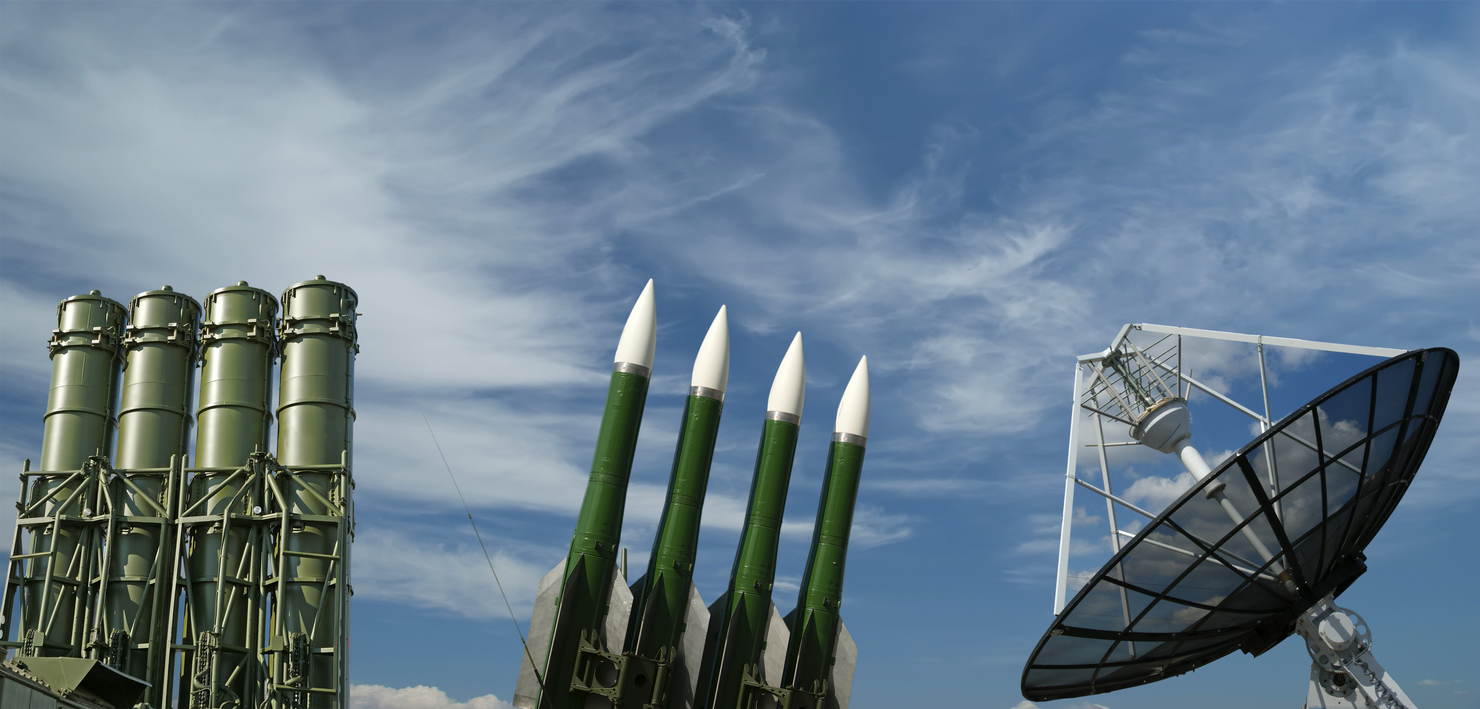

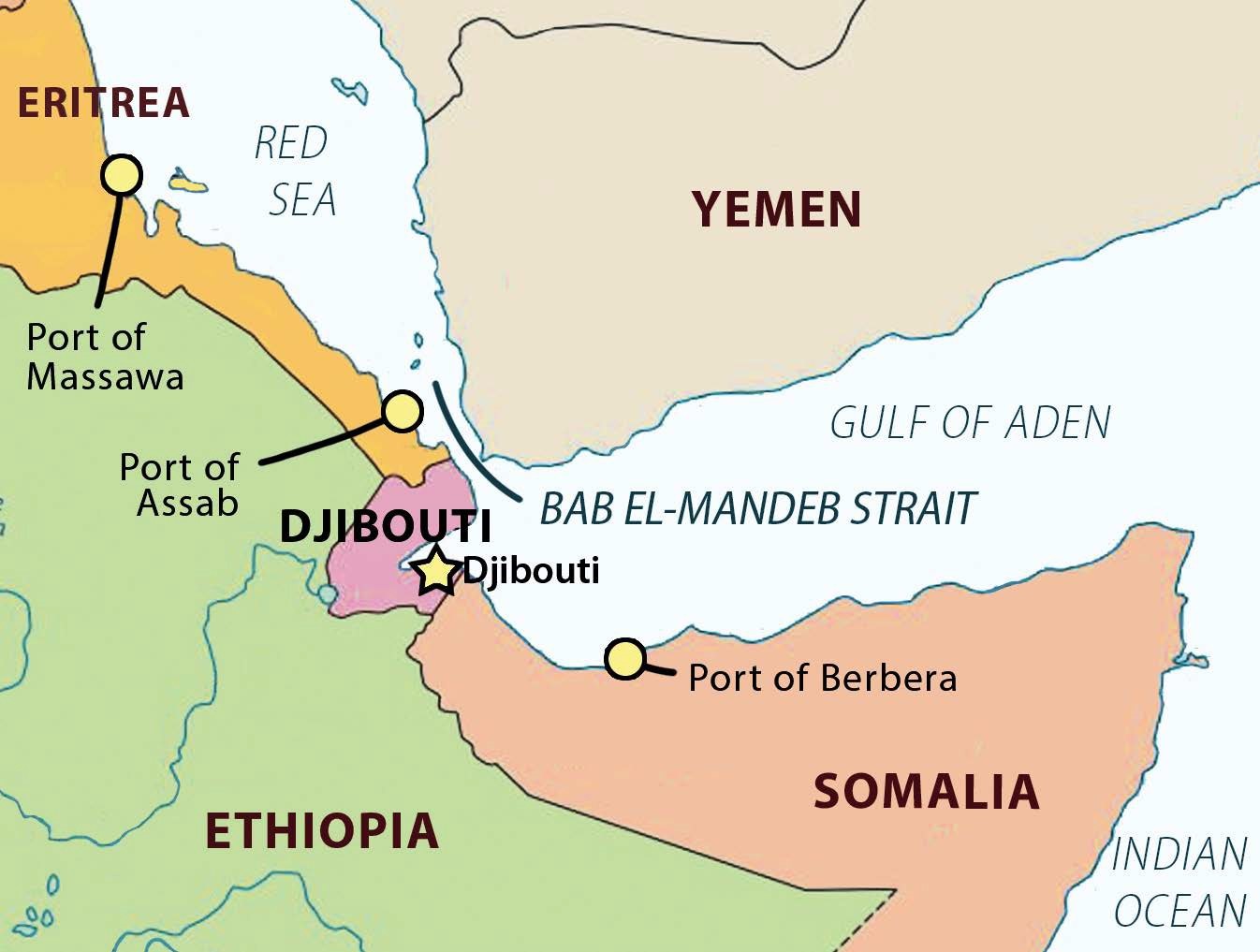






POST COMMENTS (1)
Brig Vijay Atray